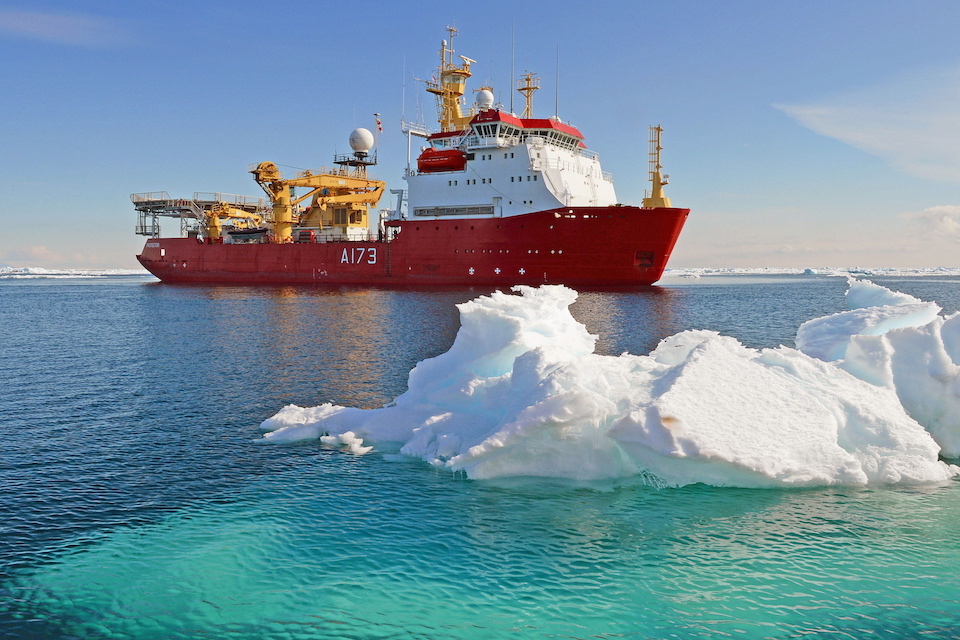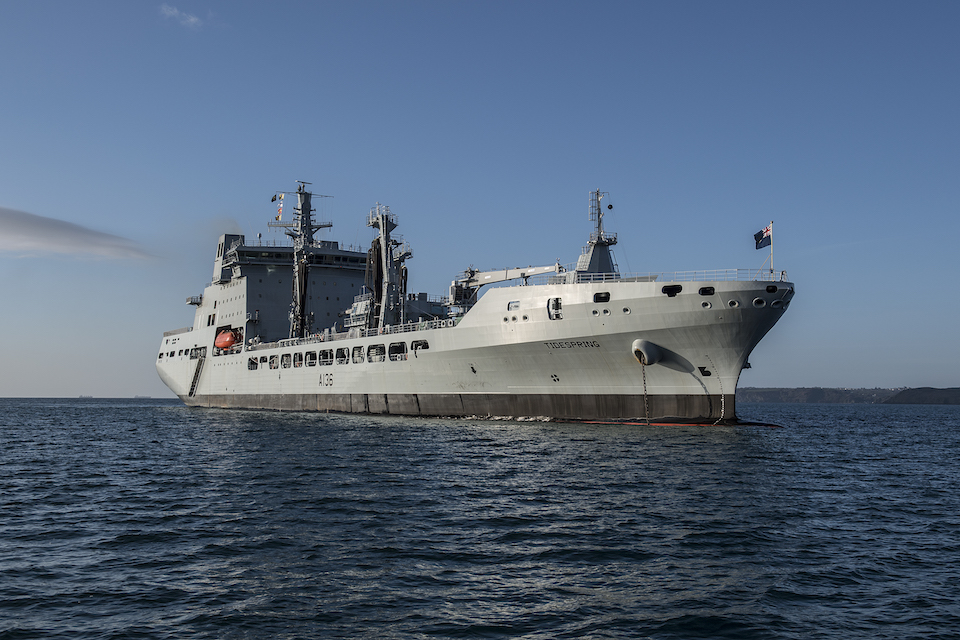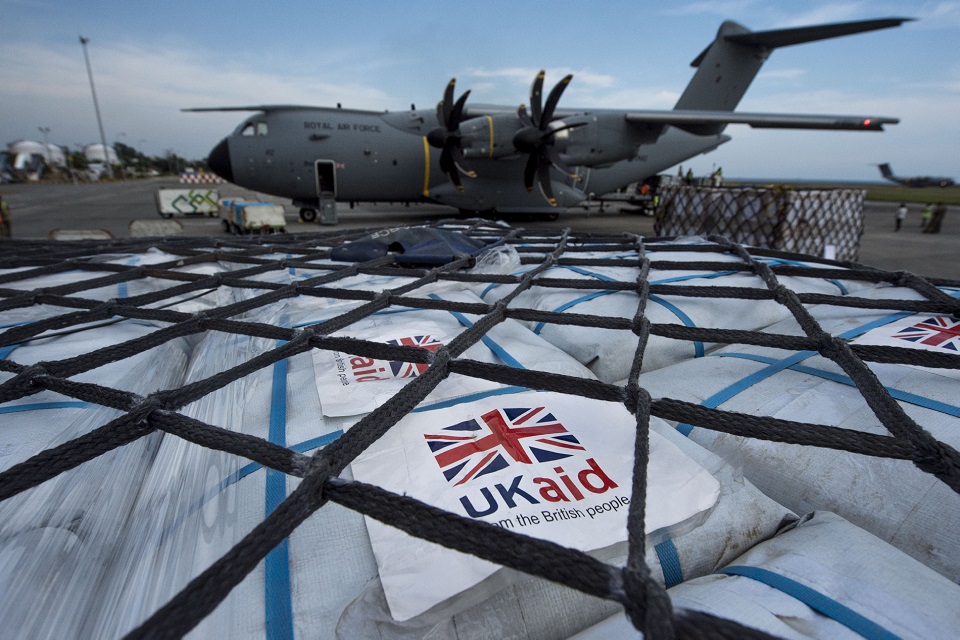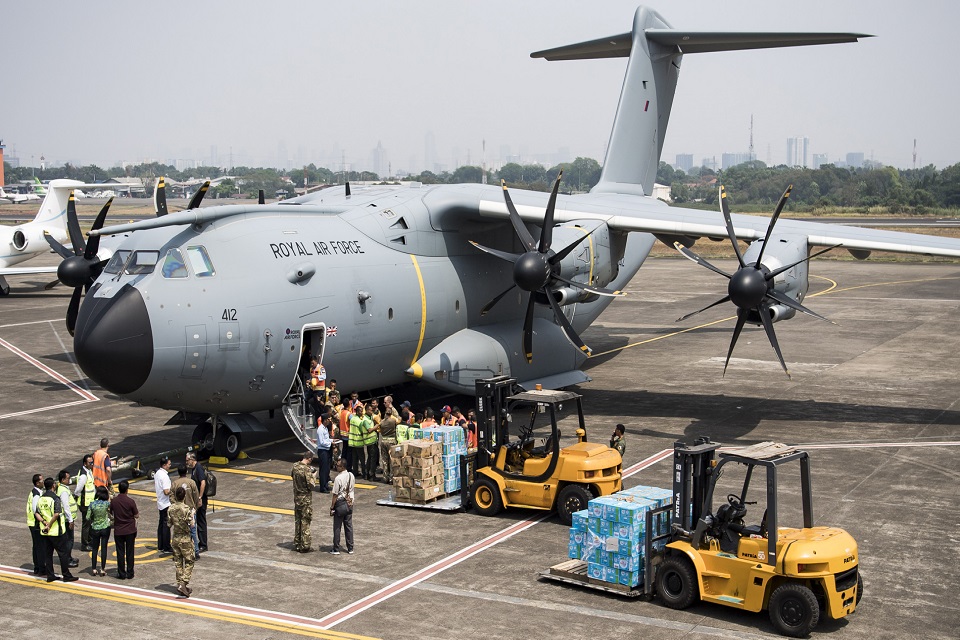News story: Defence Secretary announces Devonport will home all new Type 26 frigates
The eight Type 26 warships will start being delivered to the Royal Navy from the mid-2020s, heralding yet another new era in the role of a base which has played a central role in the defence of the UK for hundreds of years – from the Napoleonic wars to the Falklands Conflict.
The 6,900-tonne frigates will be world-class anti-submarine warships and will provide cutting-edge protection for the likes of the UK’s nuclear deterrent and the Queen Elizabeth Class aircraft carriers, with the ability to conduct a whole range of other operations anywhere in the world.
Defence Secretary Gavin Williamson said:
The largest Naval Base in western Europe, Devonport is the lifeblood of Plymouth and is as synonymous with this city as it is with our famous Royal Navy.
Ships have set sail from Devonport’s dock to defend our great nation for hundreds of years, and I can reveal that the truly world-class Type 26 frigates will follow in their wake.
We are living in increasingly dangerous times, with threats intensifying both on and beneath the water. Plymouth should be in no doubt that it will be right at the heart of Britain’s fight for a safer world by homing these formidable warships.
Devonport has been supporting the Royal Navy since 1691, with the vast site covering more than 650 acres with four miles of waterfront. Alongside frigates, it is home to Britain’s survey vessels and amphibious ships. Recently the Defence Secretary put to bed any speculation about the future of amphibious assault ships HMS Bulwark and HMS Albion by announcing he is protecting them.
The Base employs 2,500 people, supporting around 400 local firms and generating around 10% of Plymouth’s income. It is a key part of defence’s huge footprint in the South West, where the MOD spends £5.1bn with industry – more than in any other part of the country.
The eight Type 26s will replace the current anti-submarine warfare Type 23 frigates. They will make up the next-generation of the Navy’s fleet, along with a first batch of five Type 31e frigates. The decision on where the Type 31e frigates will be based is still to be made.
The first Type 26 ships have already been ordered for £3.7 billion from BAE Systems’ yards on the Clyde. The first four have already been named as HMS Glasgow, HMS Cardiff, HMS Belfast and HMS Birmingham. The flexible design of the frigates will also enable these capabilities to be adapted to counter future threats, and the ships will benefit from the latest advances in digital technology.
The formidable anti-submarine warship will include an embarked helicopter, powerful sonar detection systems, ship and helicopter-launched torpedoes and a design which makes the Type 26 extremely difficult for enemy submarines to detect.
The move follows the announcement last year that the eight Type 23 ships fitted with a towed array sonar tail would all be based in Devonport, making the site a centre of excellence in anti-submarine warfare. The five general purpose Type 23 frigates are now based in Portsmouth, which is also the home of the UK’s Type 45 Destroyers and new aircraft carriers.
Australia recently decided to build nine of the British-designed Type 26 warships, confirming the world-leading capability they will offer. The deal, which could be worth up to £20 billion, has been hailed as the biggest Naval ship deal for a decade.



